detail profile bertrand delano c3 ab
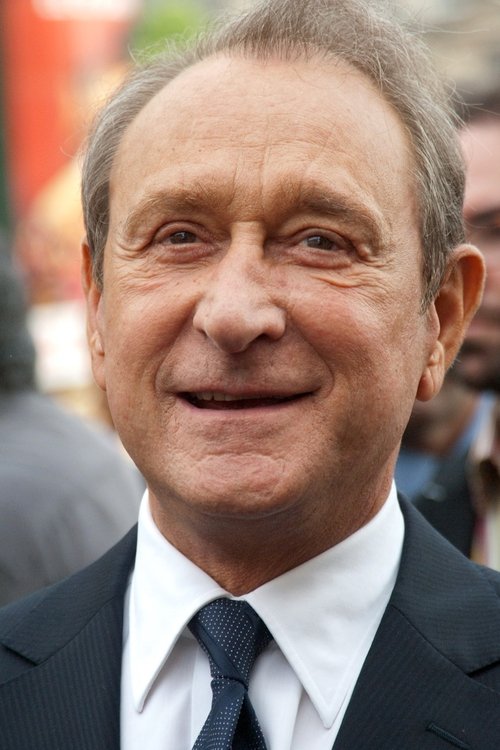
Riwayat Hidup
Bertrand Delanoë (born 30 May 1950) is a French retired politician who served as Mayor of Paris from 2001 to 2014.
A member of the Socialist Party (PS), he previously served in the National Assembly from 1981 to 1986 and Senate from 1995 until 2001.
Delanoë was born 30 May 1950 in Tunis, at that time a protectorate of the French colonial empire, to a French mother and a French-Tunisian father.
His father, a land surveyor, was atheist while his mother, a nurse, was Roman Catholic.
At 6 years old, Delanoë became a member of the "Petits Chanteurs des Sables", a Christian choral group associated with the Petits Chanteurs à la Croix de Bois.
At the age of 11, Delanoë witnessed the crisis of Bizerte between France and newly independent Tunisia.
Bertrand Delanoë moved back to France with his family following Tunisian independence; after the military base in Bizerte was closed in 1963, Delanoë's family broke up.
His mother came to live in Rodez, Aveyron with her son.
After leaving school, Delanoë is said to have started studies in law at the University of Toulouse.
According to Who's Who in France he has a diploma in economics.
Delanoë has been involved in politics since the age of twenty-three as the secretary of the Socialist federation in Aveyron.
He was first elected to the Council of Paris in 1977.
In 1993, he became the head of the city's Socialist Party branch.
In 1995, he was elected to the Senate, where he was secretary of the Committee on Foreign Affairs and Defence.
Delanoë became Mayor of Paris on 18 March 2001, when control of the Council of Paris was won by a left-wing alliance for the first time since 1977 (election with universal suffrage).
His predecessors were Jean Tiberi (1995–2001) and Jacques Chirac (1977–1995), who resigned after 18 years as mayor when he was elected President of the French Republic.
Delanoë won the mayorship of Paris at the head of a coalition of Socialists, Greens and Communists, over the conservative candidates Jean Tiberi and Philippe Séguin, who were unable to resolve their differences and thereby split the conservative vote.
This success in a city which had traditionally been a stronghold of the right until the end of the 20th century was made all the more striking by setbacks to the left in the 2001 municipal elections that occurred more generally.
It has been partially attributed with the weariness of the Parisian public with respect to various scandals of corruption and graft in the preceding administrations.
Delanoë was virtually unknown before the election of 2001, but soon gained fame for organising new and unusual events in Paris, such as the "Paris Beach" (Paris-Plages) on the banks of the Seine every summer in order to give Parisians who could not take a regular vacation a chance to relax, sunbathe and build sandcastles in the center of Paris.
The program, especially popular with families with children, has been in place since 2002, and has since been copied by many other international cities.
.
.
.
Source: Article "Bertrand Delanoë" from Wikipedia in English, licensed under CC-BY-SA 3.
0.
Info Pribadi
Peran Yang Di Mainkan Bertrand Delanoë
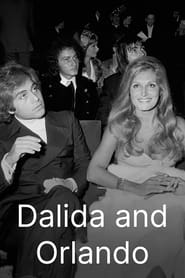 Dalida was an international star selling...
Dalida was an international star selling...Dalida & Orlando: Brother and Sister Forever 2023
Dalida was an international star, selling over 140 million records in 10 languages. But behind her glittering career and dramatic and tragic personal life, was her ever supportive younger brother Orlando. The documentary sheds light on the professional and personal relationship between the music icon and her producer, between sister and brother.
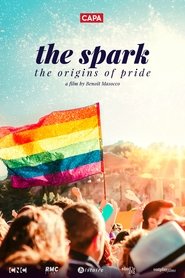 A story of the LGBT struggle...
A story of the LGBT struggle...The Spark: The Origins of Pride 2019
A story of the LGBT struggle from the 1960s to the present, after the Stonewall riot sparked the militant action in New York that was to spread around the world. From San Francisco to Paris via Amsterdam, between the first Gay Pride, the election of Harvey Milk, the French "decriminalization", the AIDS epidemic and the first homosexual marriages, these few decades of struggle are embodied through numerous testimonies of actors and actresses of this revolution rainbow.
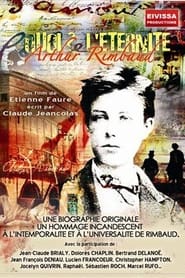 Fiftyeight minutes of mixed images from...
Fiftyeight minutes of mixed images from...Quoi? L'éternité. 2005
Fifty-eight minutes of mixed images from yesterday and today and about twenty voices of men and women, real Rimbaud lovers, known or unknown, disturbed by the reading of extracts of his poems or his letters, like a magic ceremony, bewitching, provoking the heart by the emotion of the senses, arousing the spirit, awakening the soul.
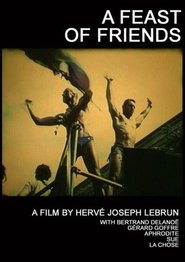 An homage to the directors closest...
An homage to the directors closest...A Feast of Friends 2003
An homage to the director’s closest friend, Gérard Goffre, long time HIV positive, who killed himself on a winter morning in 2003.

